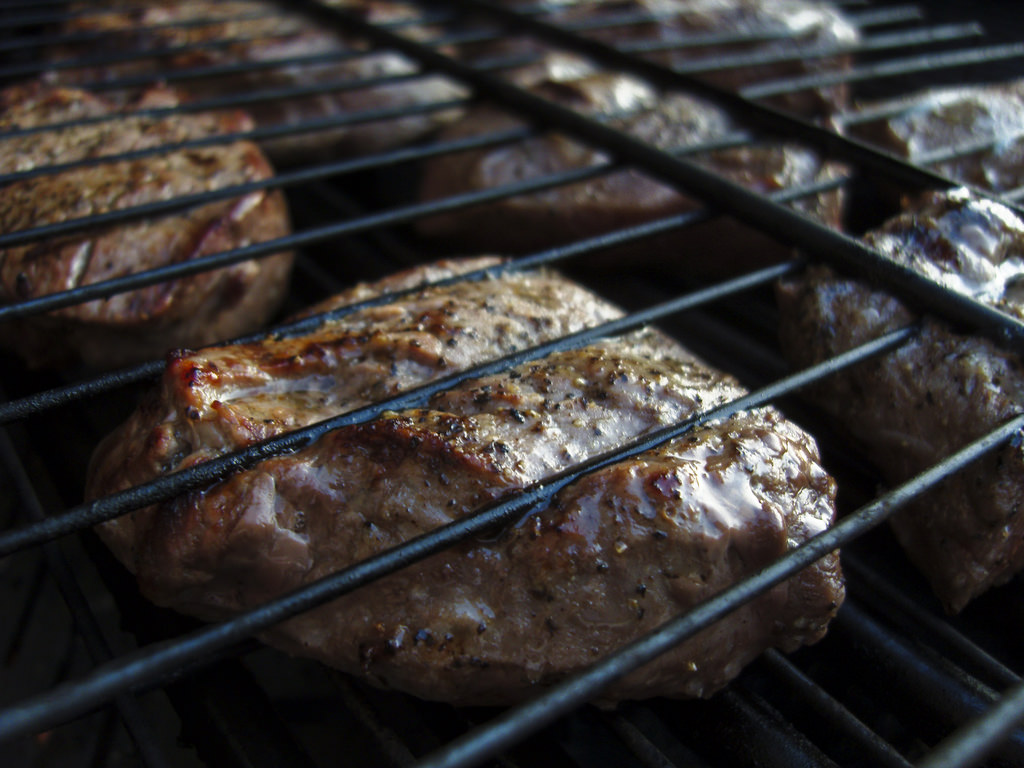So Donald Trump says and does a lot of ridiculous things. Well, “ridiculous” may not be the appropriate word for everything – “racist,” “aggressive” and “destructive” are better suited for a lot of his actions that concern the American people.
But “ridiculous” is definitely apt for one story that popped up in the news across the country a couple of weeks ago – the fact that Trump ordered a $54 steak well-done and smothered it in ketchup at his DC hotel.
This incident caused outrage among self-proclaimed foodies who perceived a ruined high-quality piece of meat. Most chefs agree that cooking a steak well-done dries it out, giving it an unpleasant texture and weakening the chemical process that brings out the most savory, “meaty” flavor. Only 8 percent of Americans eat their steak well-done.
If I were Trump, or a Trump supporter, I might use this as another example of the media overhyping a trivial matter that has absolutely nothing to do with his governing ability and the liberal slacktivists on Twitter whining about something that has no impact on American lives.
There is, of course, a degree of truth to this, but “Steak-gate” is a different matter.
There is a reason people get specifically upset over food and what the president is eating. Food is an extremely personal matter, not only a basic need. But what we eat also communicates information about upbringing and priorities. It’s a method of expressing culture and disseminating values.
If you’ve ever had an argument with a vegetarian and refuted all of their valid points, even though you agree with them on the ethics, you understand this primal passion with which people approach food. Something makes us throw away rationality at the suggestion that it was wrong to eat our moms’ signature chicken parmesan or roast beef or steak (medium rare).
American politics shows up in our cuisine. Some insist on local, slow, organic, farm-to-table foods. Others embrace the access, convenience and affordability of fast food culture. Fusion restaurants across the country remind Americans of our heritage as a multicultural nation.
These food cultures illustrate specific values. Americans got worked up about Steak-gate not just because food issues tend to flame people’s passions, but because they saw true implications
about Trump’s values and governing ability in how he eats his steak.
It outs Trump’s perverse understanding of the association between wealth and quality. Many Americans voted for him because they believed him to be a successful businessman. But he seems to like expensive things – a $54 steak – for the fact that they are expensive, not for quality. He spent good money on something, but immediately degraded its value.
Basically, Steak-gate is an outlet for the frustration over Trump’s corrupt business dealings and backwards values. Americans are facing the prospect of expensive but valuable social services like healthcare being cut in favor of extravagant, almost purely symbolic spending on military. Most people can rarely afford to savor such an expensive piece of meat and, if given the chance, would have eaten it medium-rare and ketchup-free.
Annie Cappetta is a junior majoring in ecosystem science and policy and political science.
Featured image courtesy Flickr user Basheer Tome







